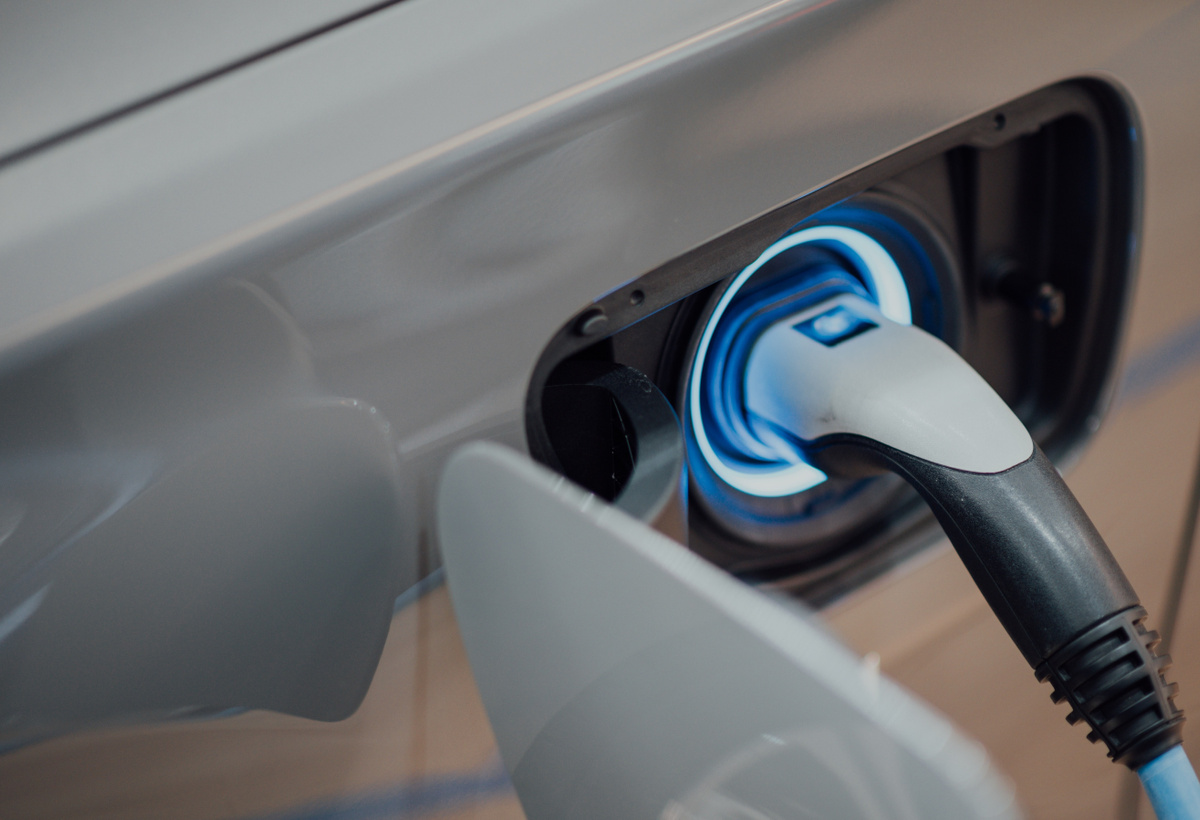Hybrid Electrolytes for Group II Cation Based Batteries
A hybrid electrolyte system with Group II cation batteries that are safer and have a lower environmental impact than lithium ion batteries
Lithium ion batteries and lead acid batteries are used as benchmark systems. Variation in the cost of specific batteries is dependent on factors such as design, manufacturing process and number of units.
Researchers at Stony Brook University have invented a new hybrid electrolyte system enabling the development of naturally abundant, low-cost materials with minimal environmental impact. The batteries described are based on alternative technologies to lithium ion batteries which are currently in widespread use. The gravimetric energy density of the final group II cation battery is anticipated to be somewhat lower than lithium ion batteries but will be significantly higher than lead batteries. However, the new battery technology will have a lower environmental impact than the based systems, improved safety relative to lithium ion systems, and improved volumetric energy density relative to both systems.
 Source: chuttersnap, unsplash.com/photos/xfaYAsMV1p8, Unsplash Licence
Source: chuttersnap, unsplash.com/photos/xfaYAsMV1p8, Unsplash Licence
Magnesium is 12 to 23 times cheaper than lithium - The energy density of magnesium-based batteries is 3.4 times higher than lithium ion batteries and 8.5 times higher than lead - Reduced flammability and low volatility
Hybrid battery systems.
Patent application submitted
PCT Filed
Available for licensing. Stony Brook University is seeking to develop and commercialize, by an exclusive or non-exclusive license agreement and/or sponsored research, with a company active in the area.
Development partner - Commercial partner - Licensing
Additional Information:
Patent Information:
| App Type |
Country |
Serial No. |
Patent No. |
Patent Status |
File Date |
Issued Date |
Expire Date |
|